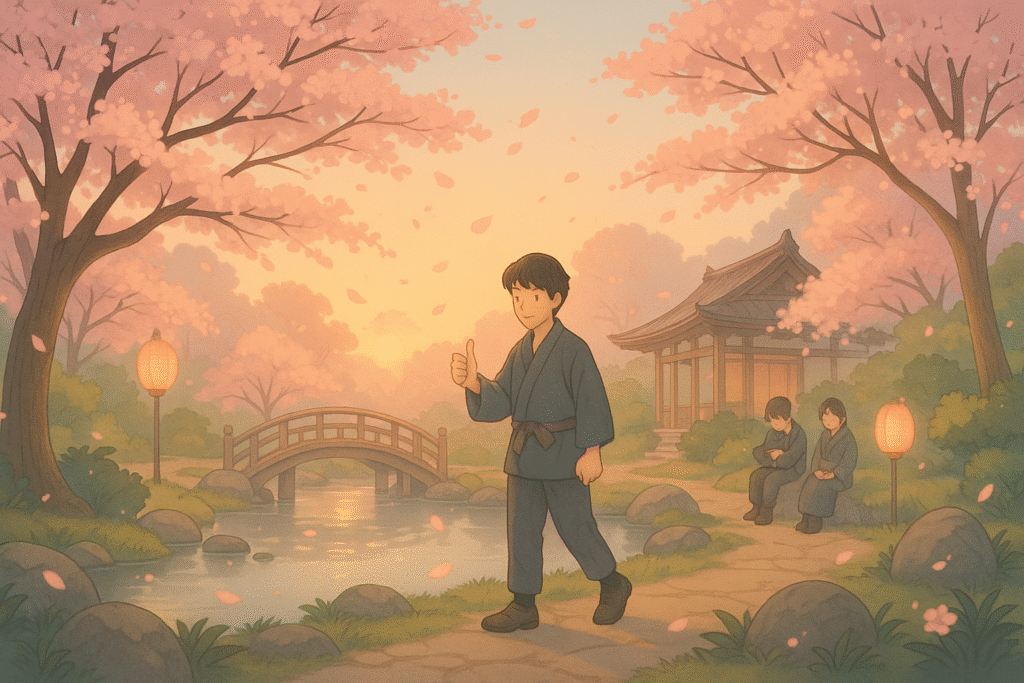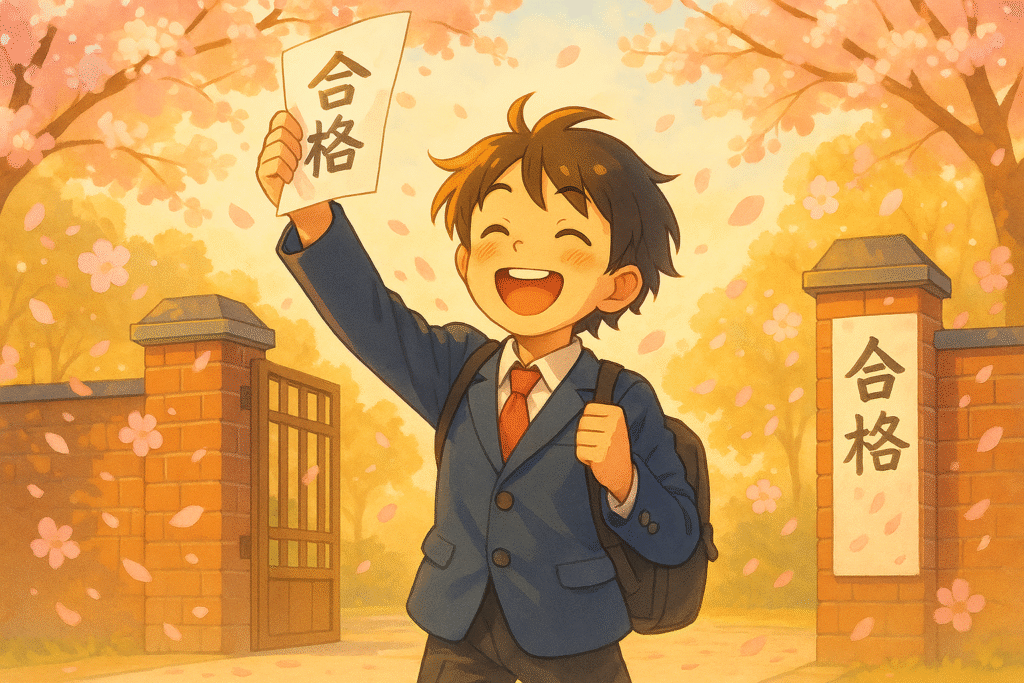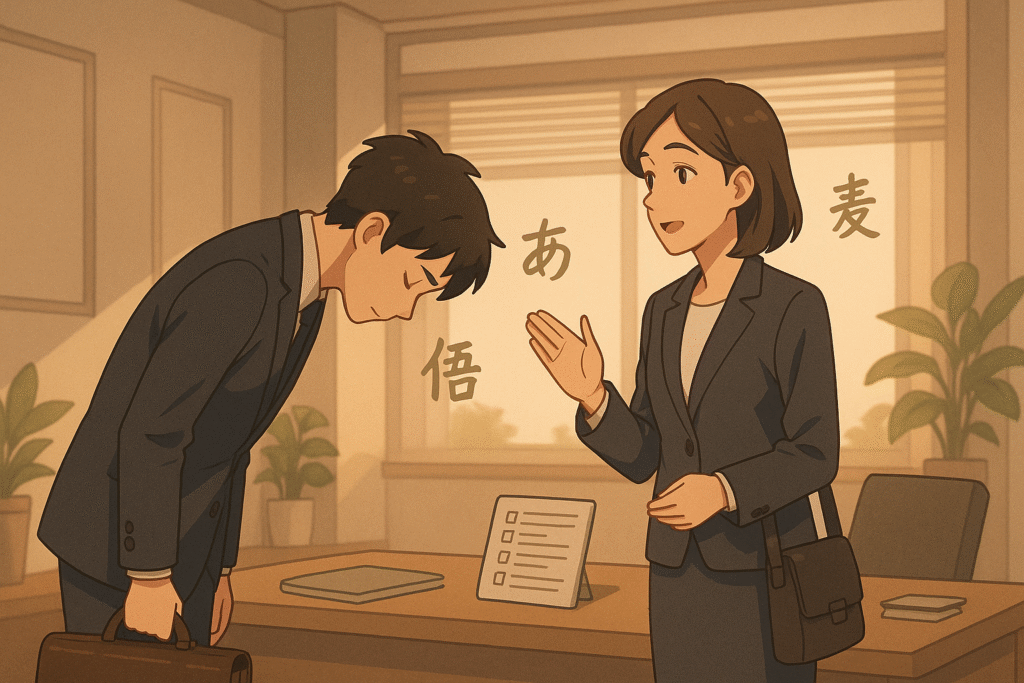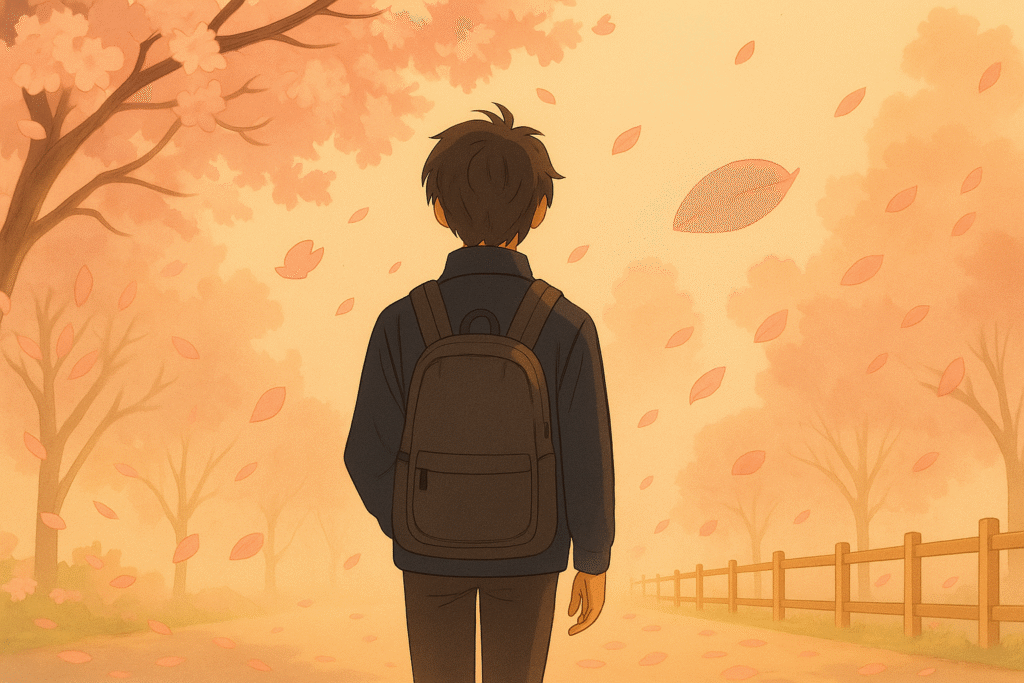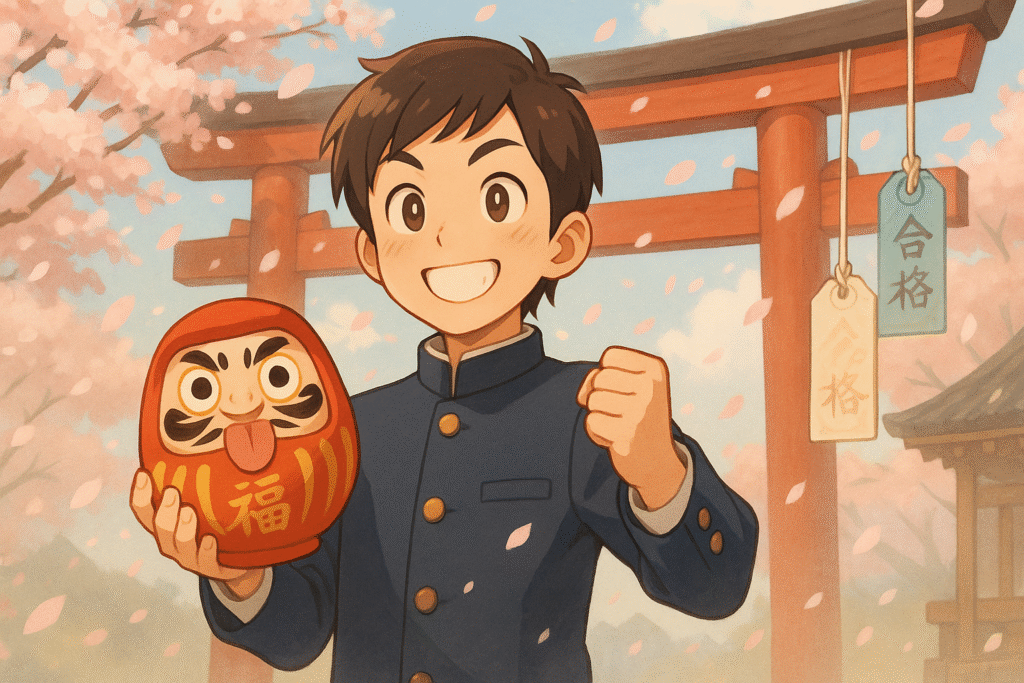Autumn in Japanese: Vocabulary and Culture Explained
Picture yourself walking through Tokyo’s bustling streets as crimson maple leaves dance overhead, and a gentle breeze carries the scent of roasted sweet potatoes. A local passerby smiles and mentions something about “aki” – but do you understand what they’re saying? Learning autumn in Japanese opens doors to understanding one of Japan’s most poetic seasons […]
Autumn in Japanese: Vocabulary and Culture Explained Read More »


